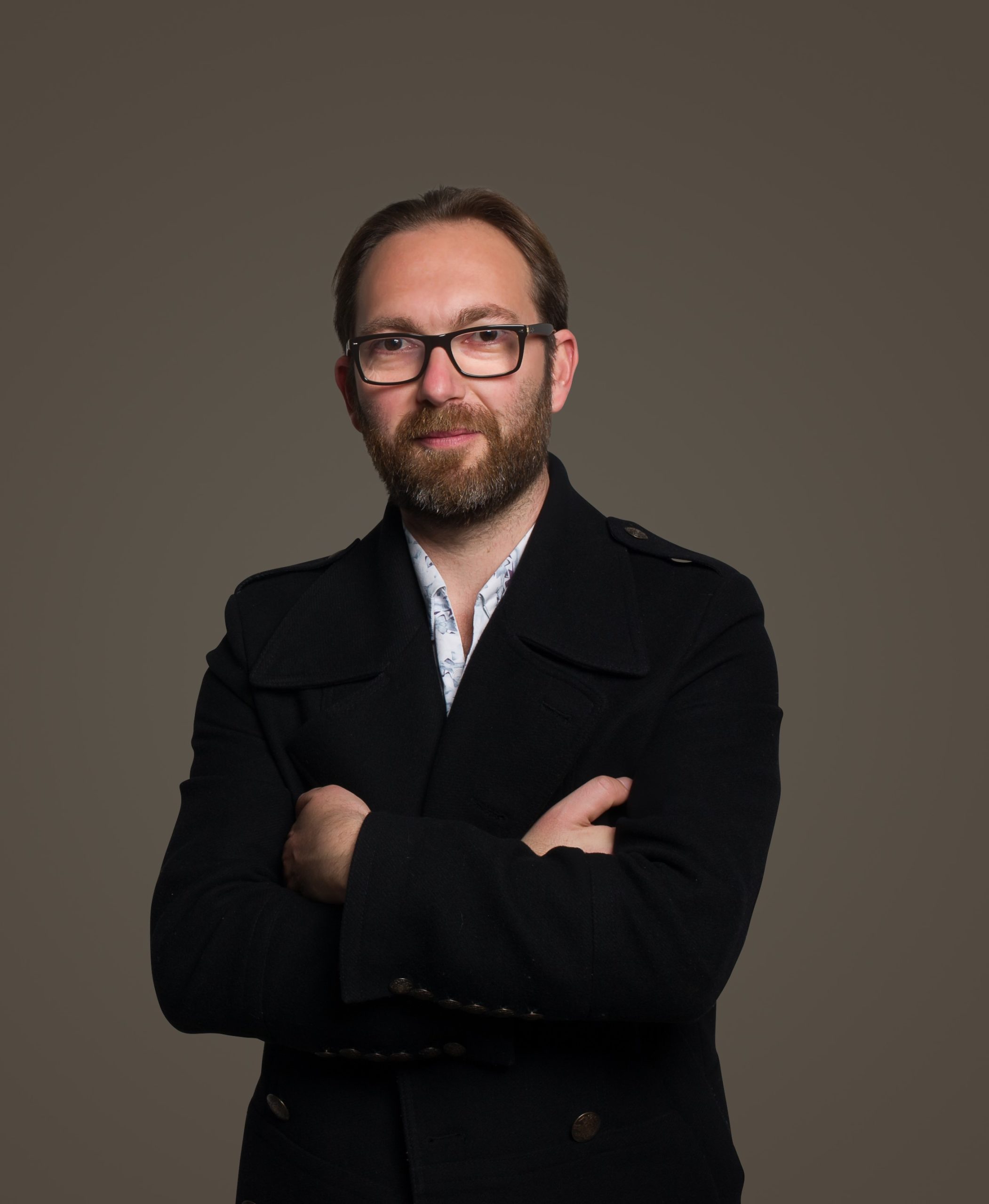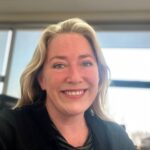Jon Savage is a director at InBroadcasting, a division of HaveYouHeard specialising in innovations in broadcasting, content strategy and media technology. But, he’s also the founder of BUSQR and the creator of AMPD Studios (and the director of the MTV Base partnership, AMPD STUDIOS LIVE), both for HaveYouHeard.
 A veteran of content creation and production across multiple media channels and technologies from DJ to commercials director, from TV series to feature films, to the creator of award-winning digital content platforms such the Mashlab and the Eye digital radio station, Jon’s most recently built a South African retail chain’s digital radio into the biggest of its kind.
A veteran of content creation and production across multiple media channels and technologies from DJ to commercials director, from TV series to feature films, to the creator of award-winning digital content platforms such the Mashlab and the Eye digital radio station, Jon’s most recently built a South African retail chain’s digital radio into the biggest of its kind.
And, he also helps people, brands and companies create podcasts, all while running his own podcast series on Instagram, ‘What’s your Poison’.
There’s nothing new about podcasting – it’s just a new name for what was called ‘audio blogging’ in the 1980s.
But what is new in Africa is its phenomenal pace of growth in recent years. This has been fueled – like so many innovations on the continent – by the rapid development and adoption of mobile technology, better and broader internet access and, more recently, the overload of available content and more ‘downtime’ caused by the pandemic.
I love podcasting as a tool for growing SMME businesses for several reasons.
Firstly, there’s the obvious – you can use the podcast to establish your company, make important connections, and grow your audience.
Second, and for me importantly, while podcasts are accessible to a huge pool of potential customers regardless of their geographic location, the fact that the more successful are those that are exceptionally niche and geeky, means that they give you the opportunity to connect with people who are going to be 100% interested in what you have to say.
Think about it. You are passionate about fly-fishing and want to focus on selling high-end, bespoke fly-fishing gear. The traditional media reach big audiences, but they can’t guarantee that the serious fly-fishermen and -women in Africa will be listening. If you ran a really gnarly podcast about all things fly-fishing, you’d be sure to have every one of those seven (just joking) tuning in.
In addition, most of you will already be using social media to interact and converse with customers and build a personality for your brand, service or company. A podcast is an extension of that, another way to continue that conversation but in a long-form format, and to ensure potential customers associate a name and a voice with that product or company.
Another big-plus is that traditional media tend to position you as a corporate spokesperson rather than a passionate professional in your field who is there to first provide them with information and resources, rather than as a salesman hoping to lure them into buying a rod or two.
Finally, if you use traditional media, you need some expertise or need to hire it – to make your ad, to buy the ad space and to see that it runs.
With podcasting there’s no barrier to entry, you can do it yourself or enlist the help of your 12-year-old, and you don’t need fancy equipment. In the lowest tech example, you need some hardware, some software and a distribution channel.
Smart phone with a working mike – hardware, tick. (By the way, you can also record on your laptop or using Zoom, for example.) Free editing software like Audacity – software, tick. Spotify’s Anchor – distribution channel, tick.
Come on! If you’re the lady who sells dog food in the parking lot next to the favourite dog walking beach, start a podcast. If you’re that guy who wants to import and sell that crazy new off-road running shoe, start a podcast. If you’re the husband-and-wife team keen to distribute high-end baking equipment, start a podcast!
And here are my top five tips to get started:
- Make it specific – if your topic is for everyone, then basically it is for no-one. ‘River Fishing in the Western Cape’ beats out ‘Fishing in South Africa’ as a podcast topic.
- Develop a long-term strategy for content for so you don’t run out of ideas, and do this before you record your first podcast. Visit answerthepublic.com for some help. All you need to do is type in your topic and it will give you all the questions people are asking around it.
- Be consistent and don’t worry about frequency; it doesn’t have to be weekly and especially don’t do 5 and stop, or 10 and stop because the algorithm will punish you.
- Don’t use music, except for 10 to 15 seconds. It’s copyrighted and the record labels will flag you and shut you down.
- Consider what you want from your hosting channel before signing. My preference is Anchor (which belongs to Spotify and therefore probably here to stay) but it allows you to share widely to other platforms. There are pros and cons. The good bit is it is very user friendly and totally free. The bad bit is it owns your chain of monetisation (kind of like YouTube) but you can get off, for free, whenever you want to. There are also great affordable pay platforms – like Libsyn, Buzzsprout and Podbean – but they are less easy to use.
- MRF Unveils Latest MAPS® Data - 20th February 2025
- The BRC announces changes to the board and updates for 2025 - 17th December 2024
- Top 50 DSTV TV programmes – October 2024 - 12th November 2024





